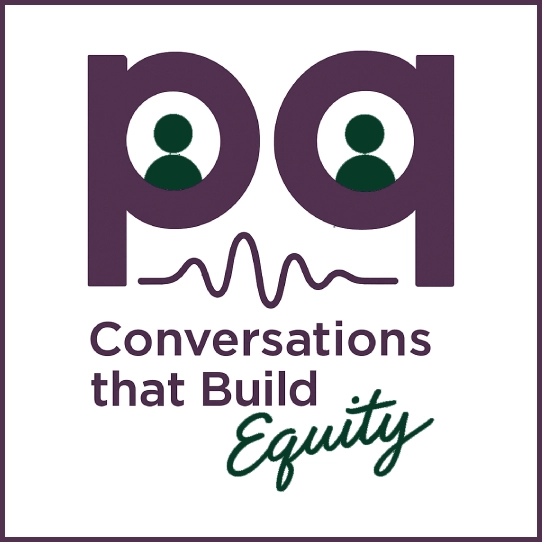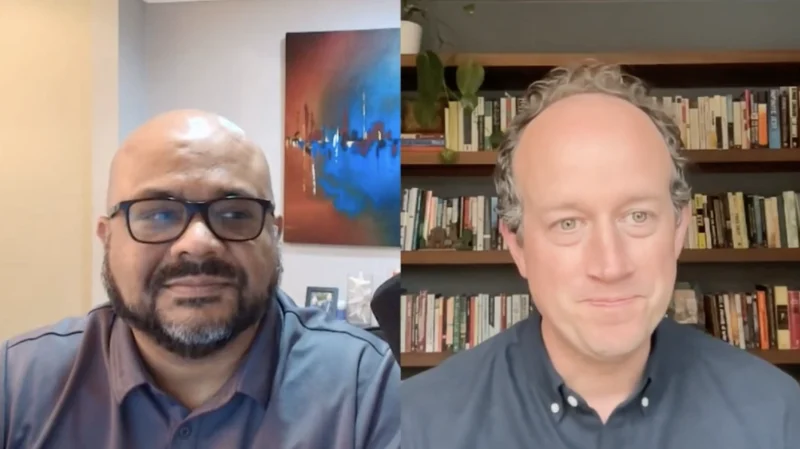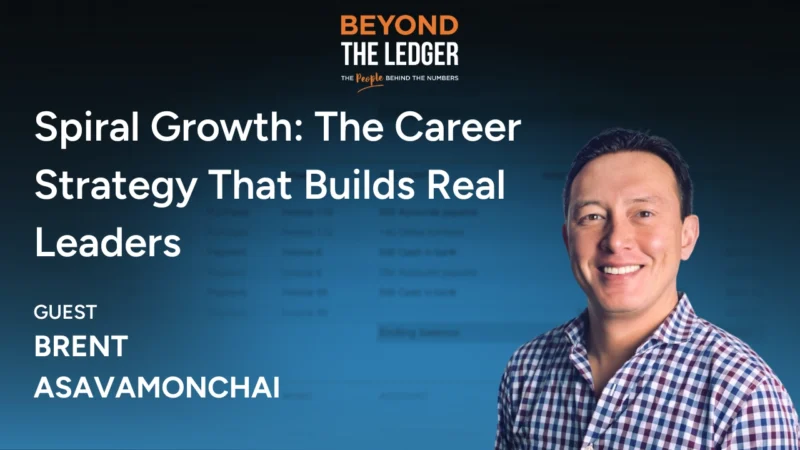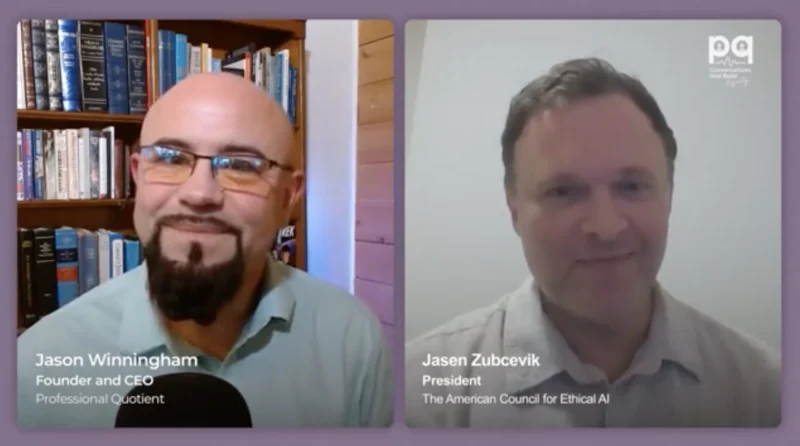From Innovation-Driven Teams to Standout Storytelling, Protecting Creatives is a Business Strategy
As AI and digital tools expand the boundaries of production, one thing remains unwavering: human creativity is indispensable. And today, that creativity is under pressure—in fact, last year, as many as 70% of professionals working in the media, marketing, and creative industries reported experiencing burnout. In this moment, supporting the people behind the work isn’t just the right thing to do—it’s a strategic investment in long-term creative momentum.
So, how can companies actively protect and nurture their creative teams—and why does it matter for the bottom line?
In this episode of Professional Quotient, host Jason Winningham sits down with Jonathan Heath, a longtime creative and studio lead at MarketScale, to explore the real-world challenges and triumphs of a life in production. From guerrilla filmmaking and VHS tapes to high-tech LED studios, Jonathan opens up about his journey, the cost of turning passion into a profession, and why community is the most underrated asset in creative growth.
In this episode, you’ll learn:
- How turning passion into profession creates new pressures—and why burnout isn’t a personal failure, but a systemic issue
- Why investing in creative teams pays off through innovation, collaboration, and retention
- The power of creative community as a safeguard against burnout and a catalyst for growth
Jonathan Heath is a veteran creative and studio lead at MarketScale, with a background spanning music, film, and production leadership. Starting his career in the music industry before transitioning to film school at the University of North Texas, Heath has built a diverse portfolio grounded in hands-on experience and human-centered storytelling. Known for his guerrilla filmmaking roots and talent for mentoring, he continues to champion the value of community-driven creativity in modern media.
Whether you’re building a personal brand, leading a creative team, or trying to rekindle your own spark, this conversation is a reminder that protecting the people behind the work isn’t just kind—it’s smart business.




